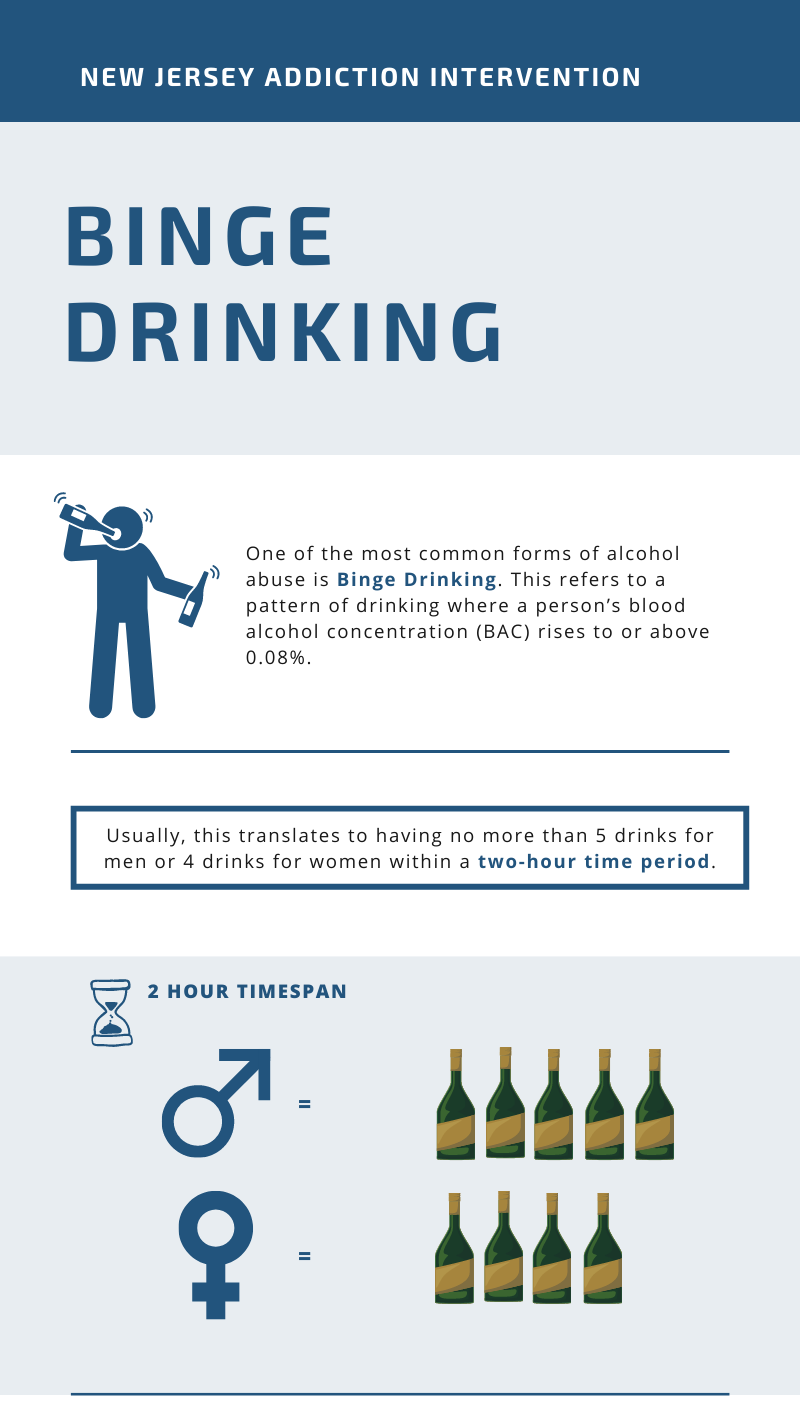Embarking on the journey to start college is an exciting new chapter in life. While it is true that the college years are often full of self-discovery, meeting new people, learning new things, and broadening perspective on life and living, college can also add unexpected temptations and opportunities to excessively use alcohol and drugs. In fact, according to the National Survey on Drug Use and Health, almost 57% of young adults drank alcohol and almost 37% binge drank regularly. Furthermore, approximately 24% of young adults used illicit drugs. Sometimes, if drug or alcohol use gets out of control, people need to stage an intervention for college students.

Dealing with the reality of binge drinking and casual or chronic drug use is a common temptation amongst college campuses across America. College students experiment with and abuse different drugs, including alcohol, for many different reasons. It is not uncommon for substance abuse to permeate many aspects of the college experience. If you suspect your loved one or friend is struggling with substance use disorder it is important you are educated on what proper steps to take. Here are a few suggestions for staging an intervention for your college-aged friend or family member struggling with drug or alcohol addiction.
College Students and Substance Abuse
Substance abuse does not discriminate and is a concern for every age group and demographic. However, it is especially concerning for college-aged individuals. This particular population of individuals often experiences extreme academic pressures, stressful self-discovery, overwhelming peer influencing, and newfound freedom. These are just a few of the predispositions college students face that often lead to some of the highest levels of substance abuse amongst this group of individuals.
Both female and male college students often misuse prescription medications, illicit drugs, and alcohol for a multitude of reasons. College-age adults often engage in drug use to cope with stress, improve focus, keep up with societal pressures, relieve pain, and even for experimental purposes. However, college substance abuse can negatively affect an individual’s mental and physical health by increasing the risk of:
- Exasperating an underlying mental illness
- Impairing brain activity
- Developing an alcohol use disorder
- Developing a drug use disorder
Statistics on College Drug and Alcohol Abuse
According to data collected from the Substance Abuse and Mental Health Services Administration (SAMHSA), drug and alcohol use among college students continues to be problematic across the country.
Here are a few statistics from a 2017 National Survey on Drug Use and Health regarding substance use amongst college-age adults (ages 18-25) :
- An estimated 5.1 million young adults met the criteria for substance use disorder
- Nearly 2 out of 5 young adults smoked cigarettes
- Approximately 4 out of 5 college students drink alcohol
- 23% of college students reported using an illicit drug in the past month
- 31.9% of college students reported binge drinking in the past two weeks
- An estimated 1.8% of college-age adults misused pain-relieving drugs
- Almost 2.5 million young adults misused opioids
- An estimated 12.1% of college students reported using Adderall or similar prescription stimulant amphetamine products within the last year
Warning Signs: How to Tell If Your College-Age Loved One is Abusing Drugs or Alcohol
It may be difficult to tell if your college friend or loved one is abusing drugs or alcohol while they are away at school. However, you may begin to notice subtle changes over time that things may be changing. Here are some warning signs to look out for which may pose a risk for drug and/or alcohol abuse that could require an intervention for a college student or loved one.
- Declining grades/School performance
- Irritability and mood swings
- Strained relationships with parents, siblings, and non-college friends
- Financial difficulties
- High tolerance for alcohol/Excessive binge drinking
- Withdrawing from responsibilities/hobbies to go to party or go to the bars
- Accidents or unexplainable bruises or injuries after drinking
- Getting arrested for DWI or DUI
- Sudden or unexpected weight loss
- Redness of nose or cheeks
- Withdrawal symptoms when sober including drinking, sweating, anxiety, shakes
- Disruptive sleep patterns
- Blacking out
- Change in appearance
- Isolation
Staging an Intervention for a College-Age Loved One
If you have noticed some of the warning signs of substance abuse with your college friend or loved one, then it may be time to stage an intervention. An intervention is a process by which change and hope are introduced into the addicted individual’s thoughts, feelings, and behaviors. Interventions can be formal or informal, but there is one primary objective: getting your loved one to listen and accept help for his/her addiction.
Here are a few steps you can take when staging an intervention for a college student or loved one:
Educate yourself about interventions for college students
Before attempting to stage an intervention for your college-age loved one, it is important you gain a better understanding of what they are going through. Educate yourself on alcoholism and substance abuse. Your friend has to be the one to decide to use these resources, but it is vital that you are prepared if they ask you for help. With preparation, you will be equipped with solid advice and valuable resources.
Write down your plan
Conversations about alcoholism and substance abuse are difficult. Confronting your college friend or loved one about this issue can lead to a defensive and emotionally charged conversation. The array of unpredictable emotions can make it easy to get off track and for things to get out of hand. It is important that you, and everyone participating in the intervention, to write down what they would like to say. Start by composing a letter explaining how much you care about them, why you are concerned, changes you’ve seen, your desire to help them, and what the consequences are if they do not accept help.
Encourage treatment over punishment
When staging an intervention for your college friend or loved one, it is most important that you set the stage for offering substance abuse treatment. More than likely, you and the other participants of the intervention have many emotions towards your loved one’s addiction. You may be tempted to punish the individual if they do not accept help, but that is not the goal of staging an intervention. It is important to be mindful of the primary purpose of the intervention which is to help your loved one. Offer the gift of treatment and be sure to encourage and support the decision to seek help for your loved one’s addiction.
A few other suggestions to consider when staging an intervention for a college student or loved one include:
- Choose a neutral, private setting to host the intervention
- Be sure to include supportive family members and friends in the intervention
- Seek the help of a professional interventionist before attempting the intervention
- Do not allow your emotions to dictate the conversation
- Be prepared with a variety of drug and alcohol rehab programs
- Maintain a calm, supportive, and consistent tone throughout the intervention
Seeking a professional interventionist to assist in staging an intervention for college students or loved ones is absolutely vital to the overall success. With the help of a professional interventionist, you can be sure that the meeting takes place according to evidence-based procedures and support throughout the entire process. If your college friend or loved one is struggling with addiction, seek the help and guidance of a professional interventionist today!
Medically Reviewed: April 19, 2020

All of the information on this page has been reviewed and verified by a certified addiction professional.

